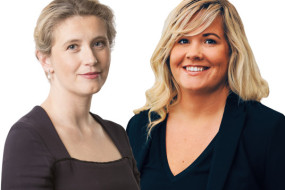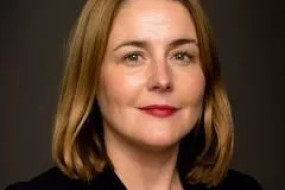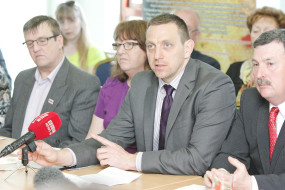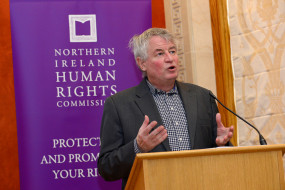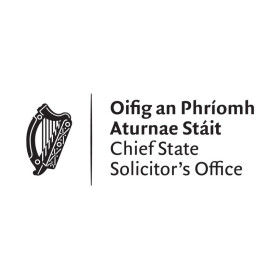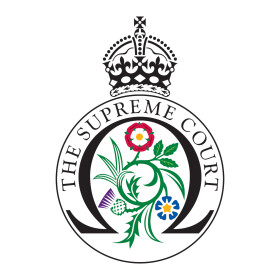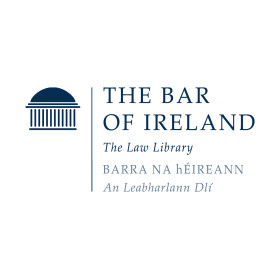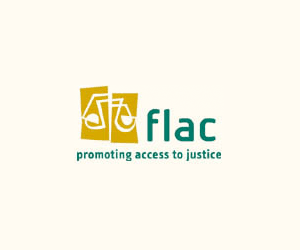McCann FitzGerald partner Karyn Harty and project services head Paula Fearon examine a recent decision on the importance of carefully considering the framing of requests for discovery. A recent High Court decision reiterates the importance of giving careful consideration to the framing of requests f
Analysis
Johnny Ryan, senior fellow at the Irish Council for Civil Liberties (ICCL), calls for urgent reform to Ireland's Data Protection Commission. Even as Covid-19 has forced us to spend more time online, we face a deepening privacy crisis. Headlines about predatory profiling of vulnerable people by gambl
Dr Sandra Duffy comments on last week’s English Court of Appeal ruling on transgender children’s access to puberty blockers. On Friday 17th September, the Court of Appeal for England and Wales handed down its decision in the appeal of Bell v Tavistock and Portman NHS Trust. This judgment
Cian Clinch, partner at Hayes solicitors LLP, discusses recent case law from the High Court which highlights that online anonymity is not absolute. The expectation of online anonymity has become so common in our increasingly digital society that individuals often feel immune to the legal consequence
Employment lawyers Richard Grogan and Natasha Hand consider a recent high-profile case in the Workplace Relations Commission (WRC) concerning age discrimination. The issue of age discrimination issue arose in case ADJ-00027325, which has obtained a reasonable amount of publicity, where the employee
Barry Walsh, head of Fieldfisher Ireland's employment department, comments on a recent case involving disability discrimination. Employers are often asked by employees to provide references for future would-be employers or for internal promotion competitions. Many employers are reluctant to do so an
Lisa Bryson, partner and head of employment at Eversheds Sutherland in Belfast, considers where employers in Northern Ireland stand in relation to the "return to the office". As we approach the autumn, minds will inevitably turn to the final quarter of 2021 and many will begin thinking about next ye
William Fry partners Colette Brady and Laura Scott examine when the Unified Patent Court (UPC) could become a reality. The creation of a single European patent with unitary effect across participating EU member states (Unified Patent/UP) and a new court system to enforce and defend such patents (Uni
Niall Moran examines the stalemate between the United Kingdom and the European Union on the implementation of the Northern Ireland Protocol. On July 21, the UK government published its command paper seeking fundamental change to the rules governing trade in goods and the “overarching instituti
McCann FitzGerald partner Audrey Byrne and senior associate Áine Murphy consider a recent High Court judgment which provides useful clarity on contributories’ inspection rights arising in a liquidation under Sections 631 and 684 of the Companies Act 2014. In a recent judgment, which pro
As a child growing up in 1980s west Belfast, Pádraig Ó Muirigh did not have a lot of trust in authority. Living in the Falls Road area, he says the views he formed of the police and the army were negative ones, which were reinforced when his father spent seven years behind bars.
Matthew Howse, partner at Eversheds Sutherland in Belfast, examines why landowners and tenants are bringing more litigation involving 4G masts. A recent announcement by three mobile telephone networks that they have agreed a deal to build and share masts in order to improve 4G coverage in rural Nort
Wayne Finn, partner and head of defence litigation at Holmes, examines a recent case involving costs differential letters. In a recent case, defendants issued a costs differential letter to the plaintiff’s solicitors putting them on notice that if the plaintiff failed to achieve an award of da
Les Allamby, the outgoing chief commissioner of the Northern Ireland Human Rights Commission (NIHRC), reflects on the human rights landscape in Northern Ireland ahead of the end of his term early next week. Human rights remains a contested space, both publicly and politically. Nonetheless, as I refl
Eugene F. Collins partner Margaret Austin and solicitor Kate Liddy-Cormican examine a recent decision with implications for transparency in decision-making processes. A recent decision of Judge Max Barrett regarding the duty of An Bord Pleanála to give reasons for its planning decisions has b












